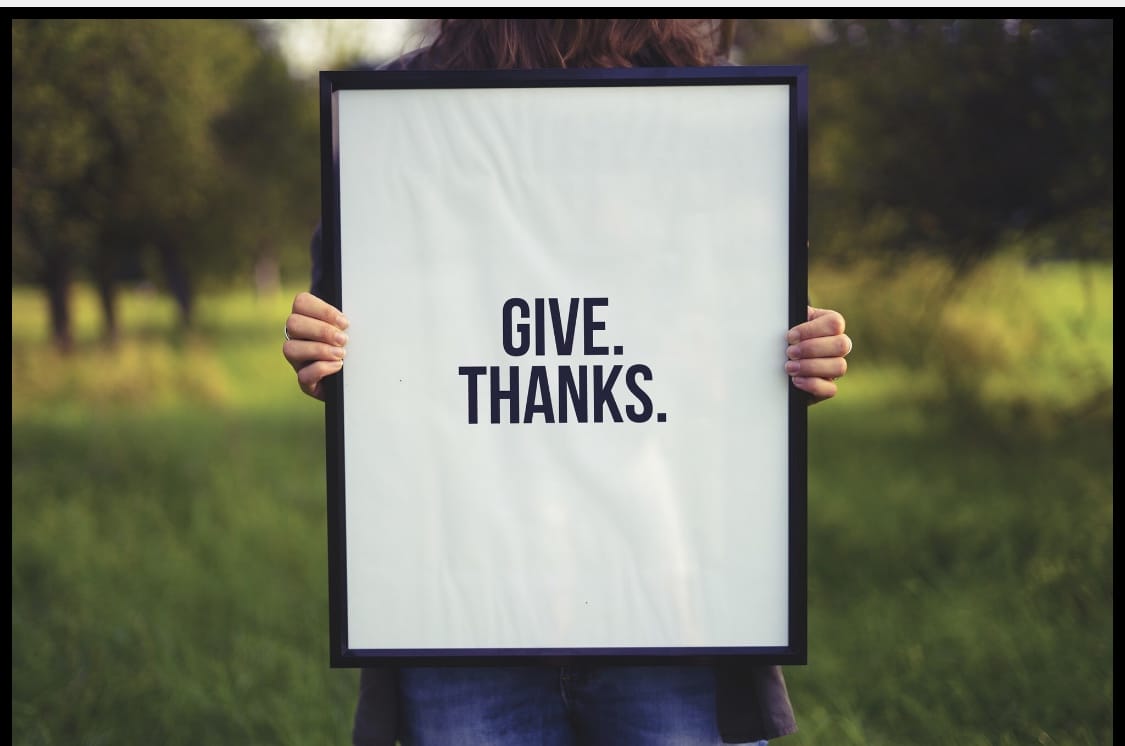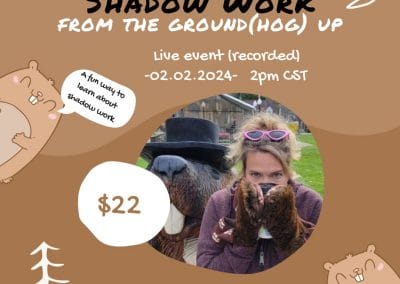Feeling thankful? Not so much.
Thanksgiving. It’s the kickoff to holiday season–one of the most wonderful (and stressful) times of the year. Aside from the turkey (or tofurky), stuffing, and cranberry sauce, it’s a time to be with family and give thanks for all the beautiful things in our lives. But what if we just aren’t feeling thankful? What if things aren’t going splendidly, and family time doesn’t look Instagram Perfect? To put it frankly: what if things just really suck right now, and the last thing you feel like doing is eating green bean casserole and going around the table talking about how wonderful your life is (not)?
Take a deep breath. You’re not alone. Stress is often high at holidays, and for many, it’s a time that can highlight all the things you don’t have, rather than the things you have. But before you try to overdose yourself with tryptophan to cope with the day, let’s talk about how to find gratitude when things aren’t so grand.
There’s a difference between feeling grateful and being grateful.
Feeling grateful is something that often just happens. When our toddler is throwing a tantrum in the grocery store, and someone helps us clean up the cereal they just threw all over the aisle, we might feel an immediate sense of gratitude. We want to hug the stranger for a second for understanding and for giving us a second to breathe. But let’s say that’s the 5th tantrum today, and we are running late, and it was a bad work week, and our older child is sick (you get the idea), so we mutter a “Thanks” but feel nothing but embarrassment, anger, and stress. Are we ungrateful?
The difference lies in a sense of choice. We often don’t have a choice over how we feel. Our emotions just happen sometimes. It’s part of our brain (often called a “lizard brain”) that reacts to situations. If we have enough emotional reserves to feel a sense of gratitude, then we are fortunate and can bask in the warmth that gratefulness brings. But if we are emotionally overloaded, we might feel numb or any number of negative emotions. Nevertheless, we do have a choice to be grateful. We can stop, access the higher order part of our brain, and think to ourselves, “I’m really glad that stranger was there.” And the good news is that over time, noticing those moments will become a habit, and the feelings of gratefulness will follow.
Curious what coaching can do for you?
Schedule your free 30 minute discovery session to find out if coaching is right for you.
Why should we be grateful?
There is an abundance of research on gratitude that indicates that grateful people are more resilient to stress and are less likely to suffer burnout in their professional lives. Practicing gratitude improves relationships, both personally and professionally. In fact, a study out of the University of Pennsylvania found that managers who say thank you to their employees experienced a higher rate of motivation and efficiency in their workgroups. Plus, practicing moments of gratitude trains the brain, over time, to be more sensitive to gratitude in the future (Greater Good Science Center–UC Berkeley).
Practicing gratitude takes time, but you can do it!
So how do we practice gratitude when we just don’t feel like it? You don’t have to fake it til you make it. Take a deep breath, relax your inner cynic for a bit, and notice something tiny. Maybe you are grateful for the mere reason that you could take a deep breath. Or for the way the sun sparkles on the snow. Or for being able to smell the pumpkin pie cooking. Find something that feels right and meaningful for you in that moment.
Do something you are good at. Maybe you are the uncle who can balance a straw on his nose. Go for it, and enjoy the laughter and cheers from your nieces and nephews. If you have time, take your gifts and talents and use them to help someone else. Volunteer for a charity or in your community. Research shows that helping others makes us feel good about ourselves and can help cultivate a sense of gratitude.
Write down your “thank yous” in a gratitude journal or in a thank you note to someone who means the world to you. No time to write? Research shows that even saying thank you to someone in your head can help lower stress and even help with physical symptoms, like inflammation. Say a thank you prayer or sit in meditation.
Finally, use the tough times to lead you to gratitude. Think back to a challenging time in your life or obstacle that you overcame. Stop and realize that you made it through. Be thankful for your strength and notice what you learned from the experience. All of this will help you realize that you can make it through the current challenges and can train your brain to cultivate gratitude.
Coaching packages big and small
If you’re ready to change how you manage change, we can work together to develop the plan and package that’s right for you.








